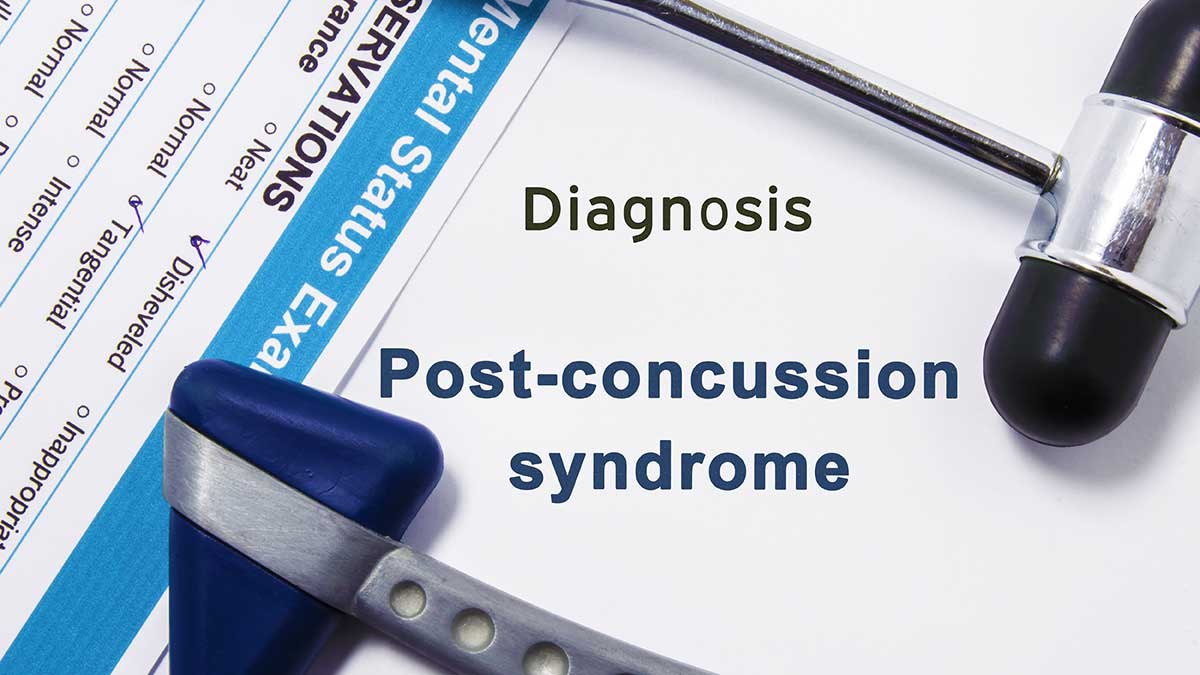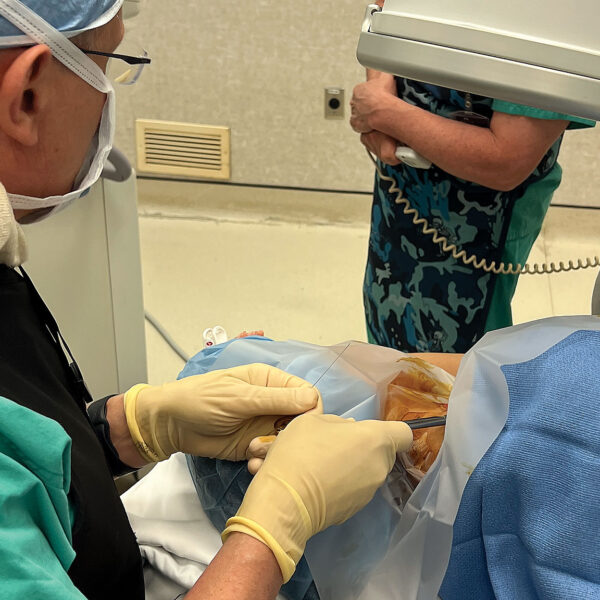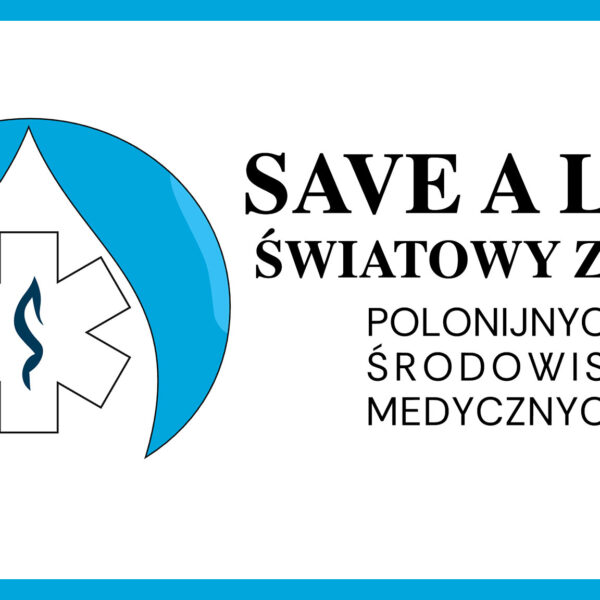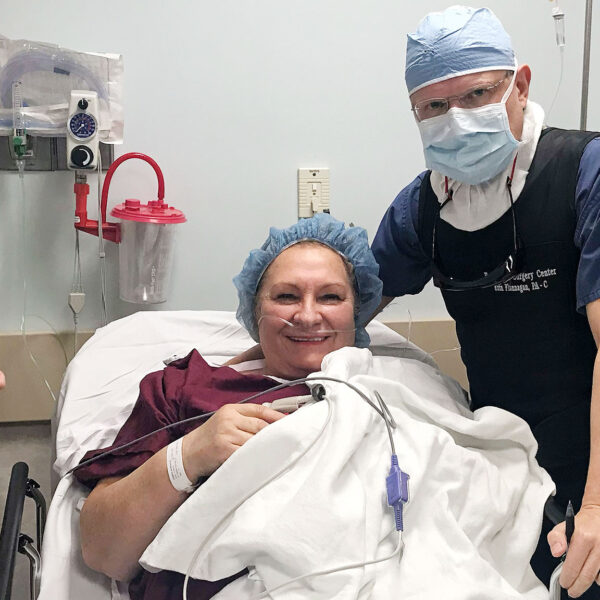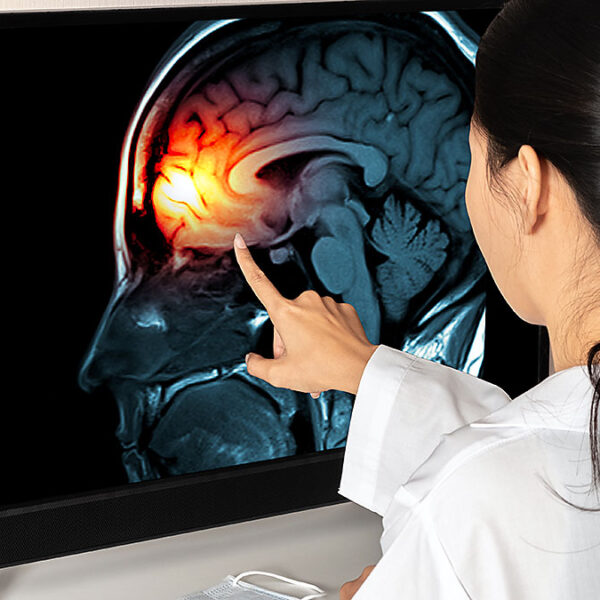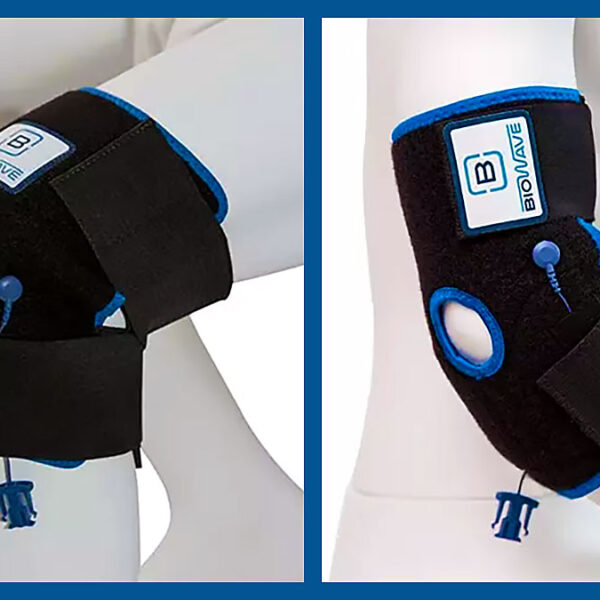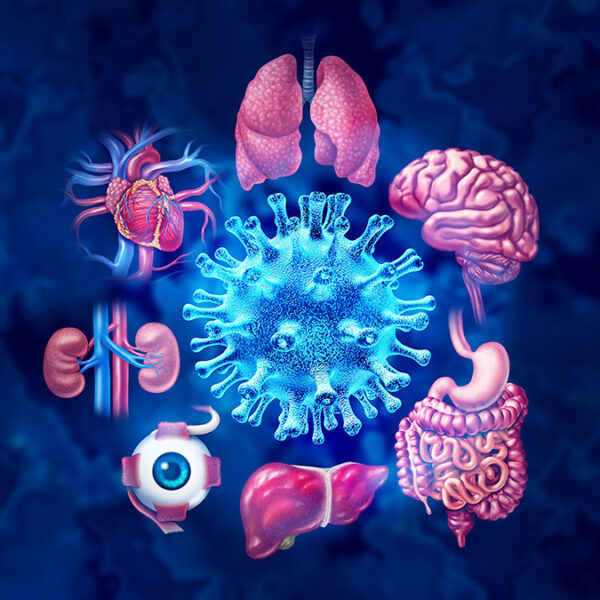A serious car accident can change your life in an instant—not just physically, but emotionally and mentally too. One of the most common hidden injuries is a traumatic brain injury (TBI), which can lead to depression, anxiety, PTSD (post-traumatic stress disorder), and even personality changes.
If you’ve been in a crash and aren’t feeling like yourself afterward—mentally, emotionally, or behaviorally—you’re not alone, and it’s not “just in your head.”
What Is a TBI?
A TBI happens when the brain is shaken, hit, or injured—often in crashes, falls, or sports accidents. Even a “mild” TBI (like a concussion) can affect how you think, feel, and behave. Common symptoms include trouble concentrating, mood swings, irritability, fatigue, or sadness.
Why Mental Health Struggles Happen After a TBI
Your brain controls your emotions, thoughts, and reactions. When it gets hurt, you might experience:
- Depression: Feeling empty, tired, or uninterested in life.
- Anxiety: Constant worry, fear of driving, panic attacks.
- PTSD: Flashbacks, nightmares, and avoiding reminders of the crash.
Studies show nearly half of people with a TBI develop a mental health condition afterward—many don’t realize it’s linked to their brain injury.
PTSD After a Crash
You might feel “on edge” all the time, avoid cars, or get scared hearing a horn. These are real PTSD symptoms. And they can happen even if you don’t remember the accident clearly.
Good news: PTSD is treatable, even if you also have a TBI. Therapies like trauma counseling or CBT (Cognitive Behavioral Therapy) help many people feel better and more in control again.
Depression Is Common—But It Can Be Treated
Feeling down all the time? Sleeping too much or too little? Not enjoying things anymore? You might be experiencing post-TBI depression. It’s not a weakness—it’s a medical condition, and effective treatments exist. Therapy, medication, or a mix can help you regain your life.
What You Can Do
- Talk to a doctor or therapist who understands brain injuries.
- Don’t wait—early support leads to better outcomes.
- Lean on others—family, friends, or a support group can make a big difference.
- Take care of your body and mind—rest, eat well, and try calming exercises like deep breathing or light walks (if your doctor has approved them).
You’re Not Alone
Many people who’ve suffered TBIs from car accidents recover emotionally and mentally, with the right help. If something feels “off” after your accident, speak up. Getting the care you need could change everything.
Dr. Dariusz Nasiek, MD
Pain Specialist – NJ & NY
Helping patients recover from car accidents and brain injuries with expert, compassionate care.
